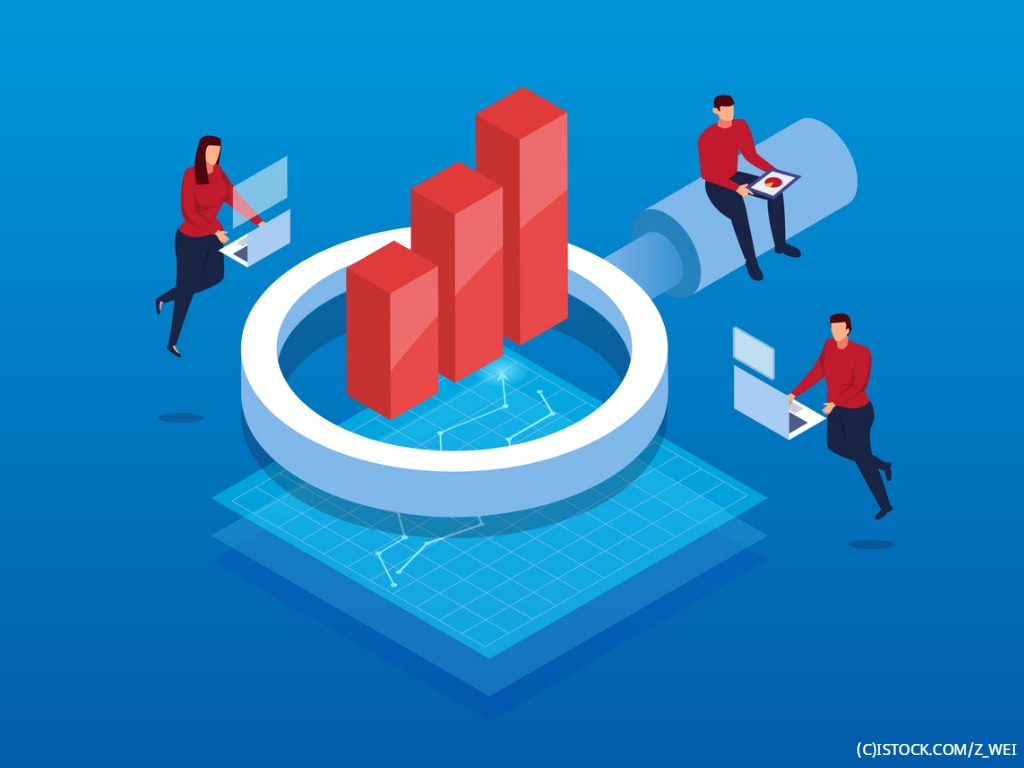
This week’s acquisitions by Salesforce (Tableau), Google (Looker) and Microsoft (PowerAI) all point to one critical change in the business environment – that data is the new capital. We have financial capital and human capital – now we have data capital.
Using data properly allows large enterprises to better predict what their customers need. In the good old days, circa five years ago, you only used addresses to mail invoices. Sometimes it was used in demographic segmentation for marketing purposes.
Now using state-of-the-art AI models, it can have a seriously important impact on making predictions about the customer’s behavior. The press is full of comments on the negative side of large enterprises having too much data about us. But how about they stop spamming us with useless emails that we do not want?
For those customers who want to continue commercial conversations with their preferred providers, how should companies engage effectively, while also respecting the spirit of laws like CCPA or GDPR? One obvious option for companies is to cut back on unsolicited emails, SMS messages or contact-center outbound calls.
Imagine a world where a marketer gets ten chances a year per customer to offer a deal and hit their revenue targets. In this scenario unsolicited email and text do have a cost – well, not really a cost, but an opportunity revenue problem. If you waste an attempt to convert a customer, you lose a shot at revenue – you lose the “opportunity.” That means every slot is important and “valuable.”
In this new era of privacy primacy, when it comes to contacting customers, B2C companies cannot afford to miss the bullseye, since their supply of marketing ‘darts’ will no longer be unlimited. However, get the balance right and brands can stop spamming you with useless emails, because they offer insight on what you might like to buy. They can time their approach, so they send you marketing content when you are more inclined to buy.
Cerebri AI has one customer in Europe, where under GDPR, their marketing team is only allowed to send 10 unsolicited communications to a customer, even if they opt in. That means understanding what their customers might need is more important than ever.
So, the large software vendors are loading up, they need tools that address the widest horizontal markets possible. There will always be room for specialized vendors who focus on specific verticals like Cerebri AI that focuses exclusively on customer engagement driving financial results.
One thing we have noticed in the past two or three months is customers we present to are increasingly aggressive in sourcing analytics and AI-based software. Our last major presentation, to a multi-billion-dollar, market cap customer, saw them flat out ask: “are you a rules-based vendor, and BS, or do you actually have AI-based solutions?”
There is a wide gap between “analytics” and AI technology. Analytics is not AI. It is usually rules- based. Buyer beware.
Today everyone is a data scientist, AI is as hot as anything. And it is the first technical discontinuity that is being attacked on a global basis. This is not an American revolution exclusively like so many others in the past. The 2019 Turing Prize, the "Nobel Prize of Computing," was awarded to Professors Hinton, LeCun & Bengio, for academic work largely done in Canada.
AI is a truly global deal today.
 Interested in hearing leading global brands discuss subjects like this in person?
Interested in hearing leading global brands discuss subjects like this in person?
Find out more about Digital Marketing World Forum (#DMWF) Europe, London, North America, and Singapore.






